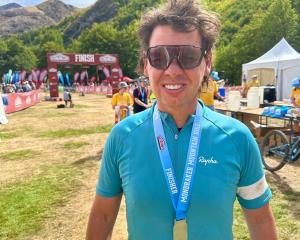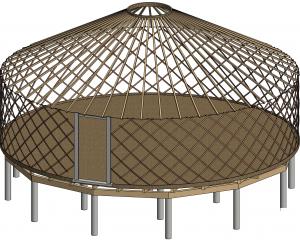University of Otago researcher Dr Andrew Clarkson said he had been working on drug therapies to help ''reawaken'' the brain and balance chemicals which would assist in recovery for stroke victims.
Last night he spoke at the Queenstown Events Centre, supported by Dunedin's Brain Health Research Centre.
Dr Clarkson told the Otago Daily Times he began his research in 2008, looking at how the chemistry in the brain changes after a stroke and how it can be rebalanced.
A stroke caused a loss of cells in the brain, while the tissue surrounding the affected area was effectively put to sleep.
''It's like a pendulum or a set of scales ... Often you have too much of one [chemical after a stroke] and the brain becomes silent because it's just been put to sleep.
''We're trying to reawaken it.''
His trial aims to stimulate the tissue, which would give the victim back some control and movement and hopefully stimulate the growth of new cells.
''I don't think you'd ever get 100% back - if you had a mild stroke it is possible; if you had a larger stroke ... if you could give back 60% that would be great.''
Since 2008, his research had focused on one drug and to date the studies ''look promising''.
''I'm working on a report at the moment and once that's done we'll start talking to the clinical team ... but the process is slow.
''It will be worth it in the long run.''
Earlier this year, Danish funding authorities gave Dr Clarkson's research a significant boost, with two grants totalling $1 million for two Danish researchers to investigate further drug development.
Strokes
• About 2500 people die each year in New Zealand from strokes. About 10% of those are people aged 65 and younger.
• Every week 24 people in New Zealand have a stroke, including one person in Auckland aged between 20 and 30.
• High blood pressure is the major cause of strokes.
• Preventive measures include daily exercise, a well-balance diet, limiting alcohol, avoiding smoking and ensuring blood pressure is in a healthy range.- Stroke Foundation of New Zealand/Dr Andrew Clarkson











